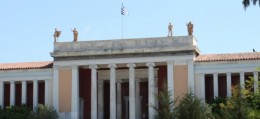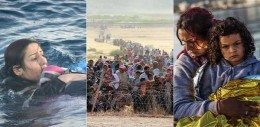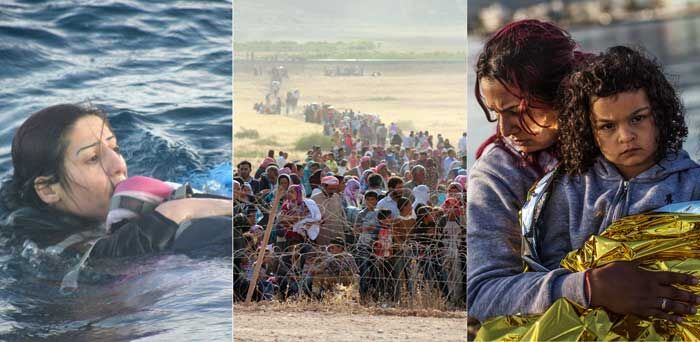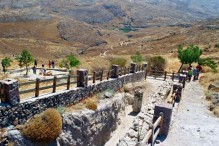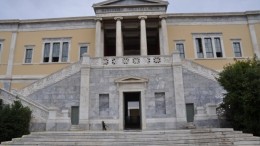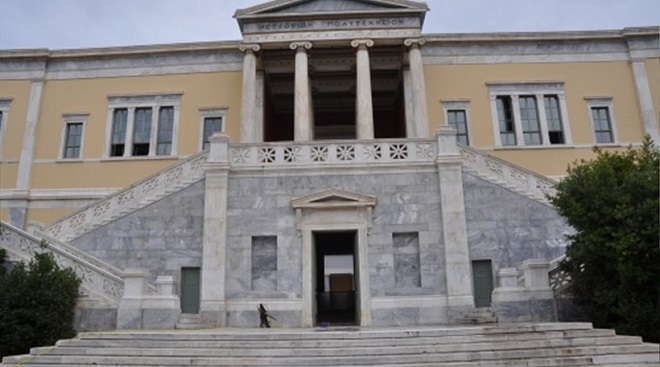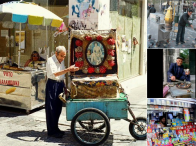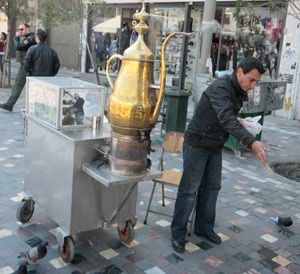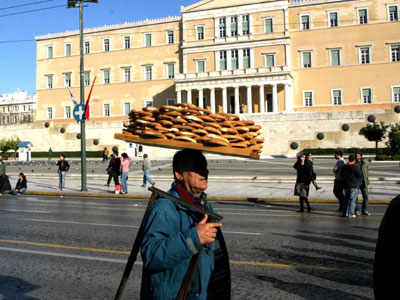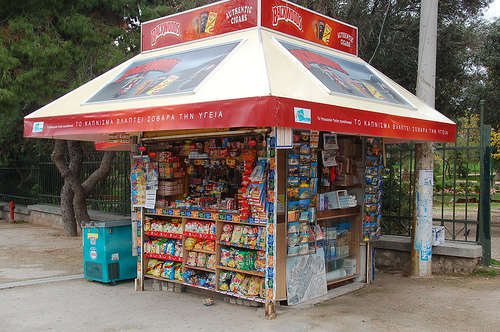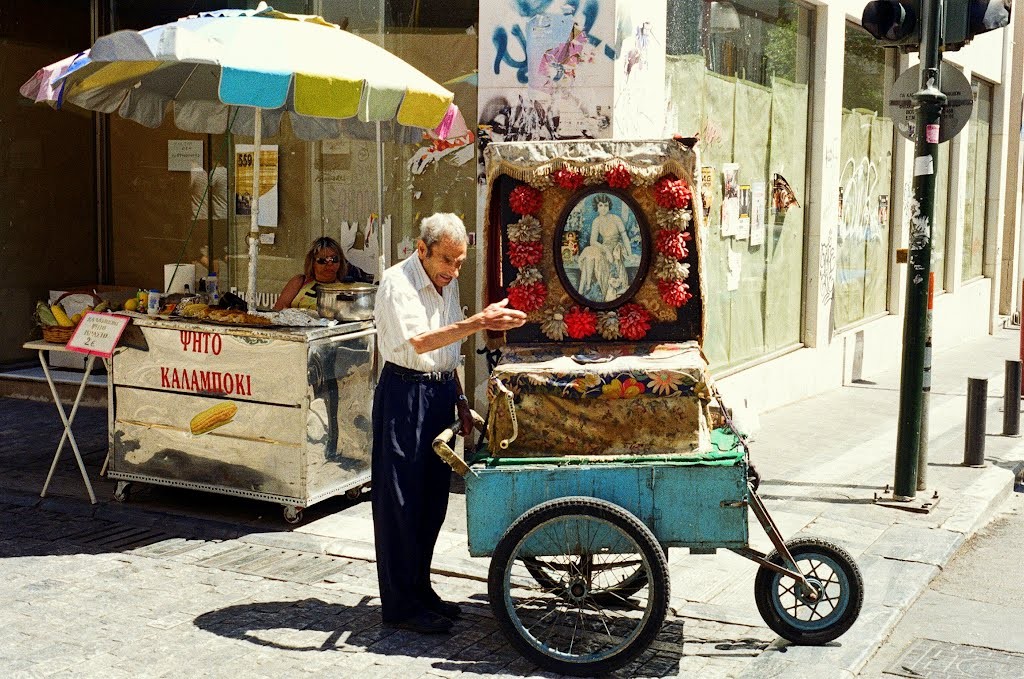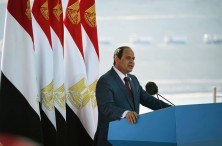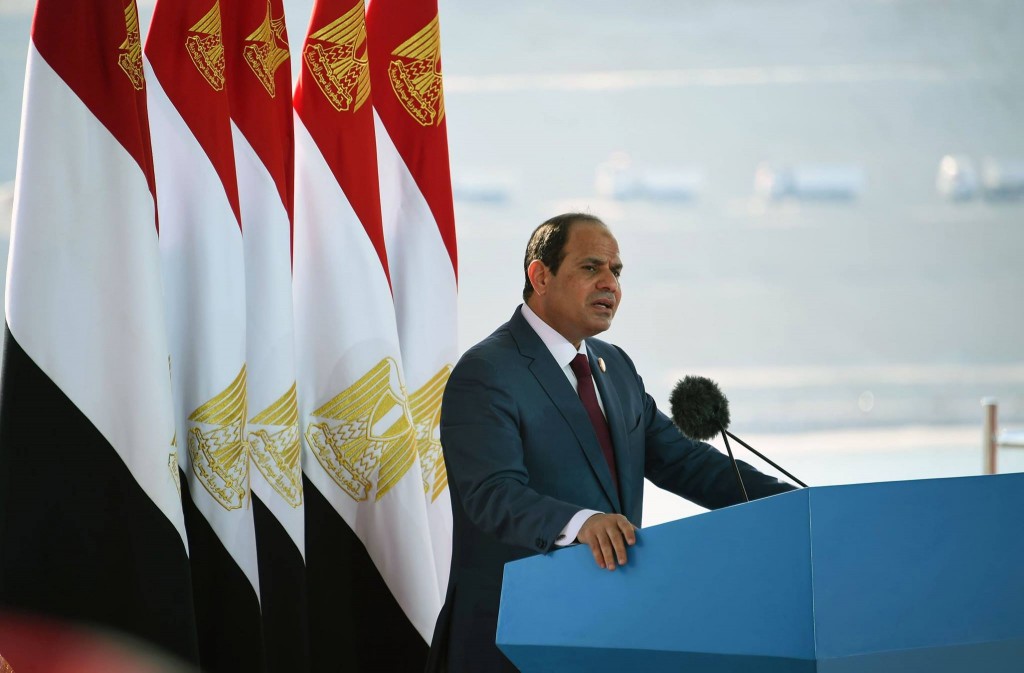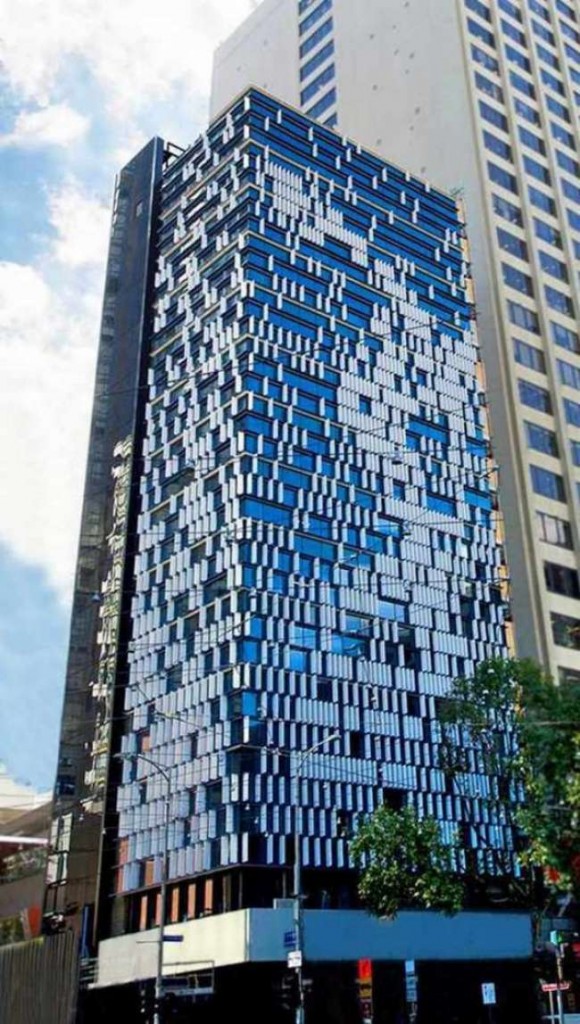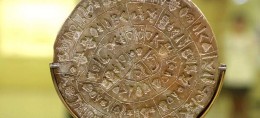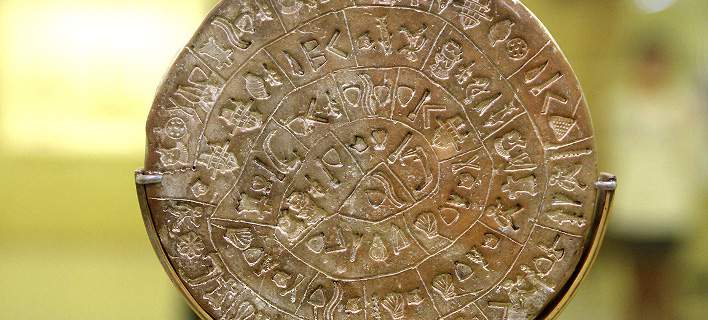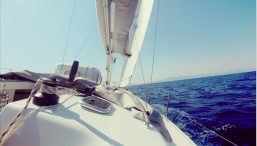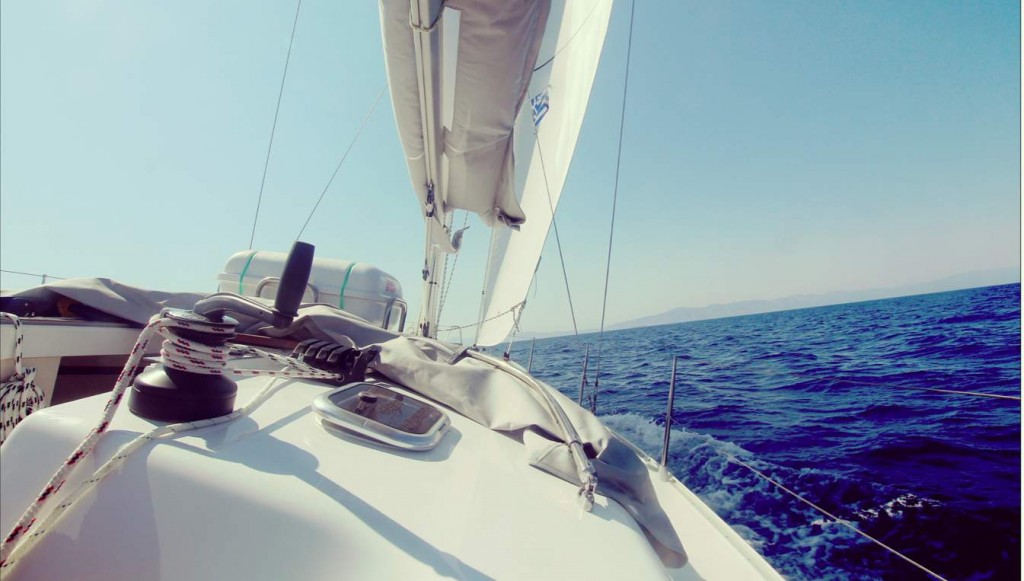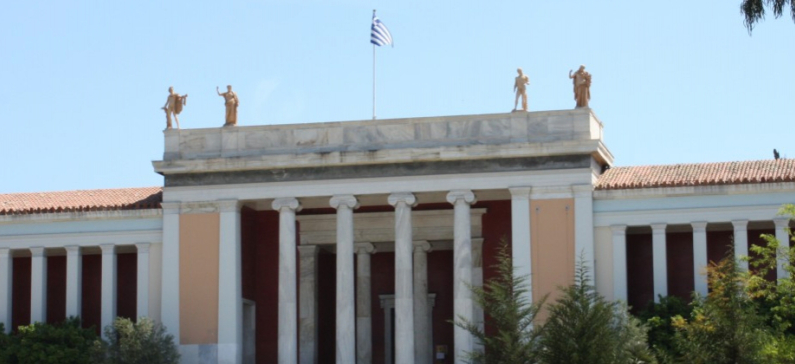 The National Archaeological Museum is celebrating 150 years of its foundation. The anniversary is on 3 October 2016 but various and interesting exhibitions will be held, however, throughout the year, as stated by the director, Maria Lagogiannis during the presentations of the impressive 2016 panorama.
The National Archaeological Museum is celebrating 150 years of its foundation. The anniversary is on 3 October 2016 but various and interesting exhibitions will be held, however, throughout the year, as stated by the director, Maria Lagogiannis during the presentations of the impressive 2016 panorama.
Among the news that stood out was the proclamation, on 18 May (International Museum Day), as the honored museum for 2016 from the Greek section of ICOMOS (International Council of Museums), an honour that is due to its contribution to culture, and the nationwide character of its collections, representing universal values.
The new year is marked by old and new exhibitions that evolve, such as the “unseen Museum”, that today launched another exciting exhibit, which will remain in the Hall of the Altar for two months, it is the Attic red-figure calyx krater, an eminently banquet vase, dating between 390 and 385 b.C. and depicts Dionysus besides Victory, an unusual presence that probably symbolizes the happy life and the victory over death.
From the new exhibitions scheduled we singled out the “Open Museum”, which is centered on openness and dialogue with society, and the involvement of the Museum with the social partners.
“In response to the guests’ request, the museum opens its doors in the spaces behind the stage, in the maintenance workshops and archaeological research areas, where our staff is preparing all the exhibits you watch in brilliant exhibition halls,” said Maria Lagogiannis.
Also, special thematic presentations by archeologists and specially designed familiarization workshops by maintainers will be offered at regular dates throughout the course of 2016, enriching the museum experience and deepening the relationship with the guests.
Meanwhile, from January and throughout the year the museum will feature innovative actions in collaborations with educational institutions, art organizations, unions and social organizations such as the Association of Sculptors, School of Antiquities Conservation and Athens School of Art, Museum of Herakleidon, the Athens State Orchestra, the National Tokyo Western Art Museum, Metropolitan Museum in New York, the National Theatre, the School of Architecture of the NTUA, the National Gallery, the Library of the Hellenic Parliament and National Television.
The final action will join the festive atmosphere of the anniversary exhibition entitled “Odysseys”, which through the unique collections of the museum, that start from the Neolithic period and end in late antiquity will highlight the timeless struggle of human survival, development, acquisition of knowledge and happiness.
At the same time, great modern poets, Cavafy, Seferis, Elytis and Ritsos will hold the thread that will bridge the multiple symbolisms of Homer’s Odyssey and nowadays.
As reported by the Director, the museum in 2015 erved 103 research projects, Greek and international, innovative maintenance methods were applied, such as the analysis of the composition of the metal alloy of the Adolescent of Antikythera by spectroscopy X-ray Fluorescence (XRF) and physicochemical investigation of the sculptures of the Antikythera shipwreck with GPR.
